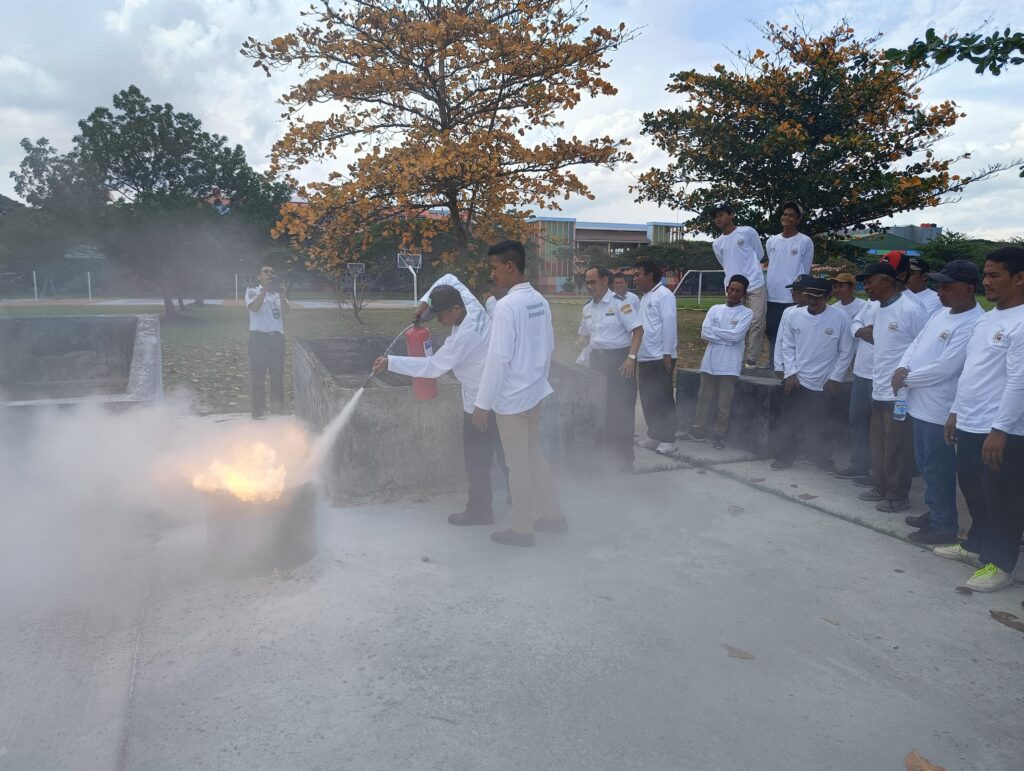
This may involve apologizing and, when necessary, making restitution to a person, or organization. His greatest endeavor has been establishing LAUNCH, a Los Angeles-based life skills intensive outpatient program for young adults. LAUNCH works with recovering men and women to establish personal vocational and educational goals and develop the tools to successfully meet them. His mission is to ensure that no one stands alone in his or her recovery. Discover evidence-based approaches in contingency management for addiction treatment. Discover how long recovery from alcohol addiction takes and the key factors influencing the journey to sobriety.
Step 9 is All About Action
Thankfully we are given some insight in to how to make amends through steps 8 and 9. But amends are so much more than just making a list and saying you are sorry, and this is where it becomes important to understand the difference between making an amends and making an apology. Your AA sponsor, therapist, or another trusted person can help you determine how best to address making amends. How you start these conversations depends on your relationship with the person you harmed and the circumstances in which you plan to make direct amends. When making direct amends, it is usually best to do so after a sustained period of sobriety and while in a calm state of mind.
How Long it Takes to Recover from Alcohol Addiction?

A sponsor or therapist can help you talk through your choices, determine the best course of action for making amends, and consider how your actions may affect others as you seek to make amends. When choosing to make amends, exercise careful consideration of yourself and others to ensure you avoid causing further harm in your recovery efforts. Before you decide who to approach and how you intend to make amends, reflect on your efforts at recovery and the intent behind making amends. My Mom, on the other hand, loves to complain about Ricky’s behavior. Sometimes I can listen supportively for a short period of time. It’s possible that the other person is unaware of the harm you have caused them, and making direct amends would make them aware and hurt them badly.
Maintaining emotional equilibrium
In fact, every day I make a living amends to my husband, son, Mom, and brother Ricky. You still need to seek addiction treatment, work the program, and commit to sober living. It’s hard work, but it’s the sort of hard work that leads to growth. Sometimes, living amends get a bad rap because people see it as a cop-out.
The Role of a Sponsor
It’s essential that your apology aligns with a commitment to change your behavior moving forward. This means recognizing that a mere apology is not enough; it must be followed by actions that reflect your intent to amend your past wrongdoings. Before engaging in a potentially heavy conversation, utilize coping strategies to stay grounded. Coping Ahead involves visualizing a successful interaction, which can help reduce anxiety.
If you have any questions about how we can use your donation to support those recovering from addiction, we welcome you to contact Living Amends today online. To learn about how your donation can impact someone’s life, please contact us today. In cases involving abuse, whether emotional, physical, or sexual, reaching out to apologize can be harmful and counterproductive. It’s not one we use too frequently in our everyday language, but it still holds significant meaning. To make amends means to apologize for something you have done or for wronging someone in some way.

She holds certifications in addiction and co-occurring disorder counseling and a bachelor’s degree in addiction studies, having graduated summa cum laude. While making amends can be healing, the outcome is not living amends always predictable. Nonetheless, being accountable for your misdeeds is your goal.

Sometimes, the person being approached for amends may need more time to be willing or ready to engage. It’s important to respect their boundaries and not force the interaction, as this could potentially cause further harm. It is also crucial to understand that the other person may never be ready. This is when you ask a sponsor, recovery coach, or similar support person how to proceed.
In those moments when fear, shame and self-criticism ceased, we discovered the freedom of our new found vulnerability. Life took on the joyful expectation of an exciting adventure. As I continue to open my heart and mind, little by little, one day at a time, I reveal my True Self, mend my relationships and touch God. Step Nine states that we make amends “except when to do so would injure them or others.” We don’t want our actions to cause further damage, harm or stress. In heroin addiction those cases, we can make amends in a broader sense by taking actions like donating money, volunteering our time or providing care. For example, we might intend to go to a friend’s birthday party, but in actuality, we fail to show up for the event.
- You don’t always have to send it, but an exercise like this can be very healing.
- Thru this program I have been able to stay on my medications for depression and anxiety and am the most sober I have ever been.
- This process is described in steps 8 and 9 of the 12-Step Program.

Great care should be taken, as reactions from those approached can vary greatly—some may be receptive, while others may not wish to engage. What most of us wanted in the way of amends from another was to have that person acknowledge their part in harming us. We also wanted our feelings and our perception of the incident acknowledged.
It involves acknowledging past wrongs and attempting to repair the damage done. This process is not only about apologizing but about committed action that fosters healing and reconciliation. To approach making amends with confidence, one must be prepared, compassionate, and willing to embrace the emotional complexities that come with it. This article explores strategies for making amends effectively, drawing insights from recovery programs and therapeutic techniques. We will support individuals in recovery with a track record of already investing in their recovery by attending residential treatment and are planning to attend sober living. The process of making amends often requires patience and understanding, both from the person making amends and those receiving them.



